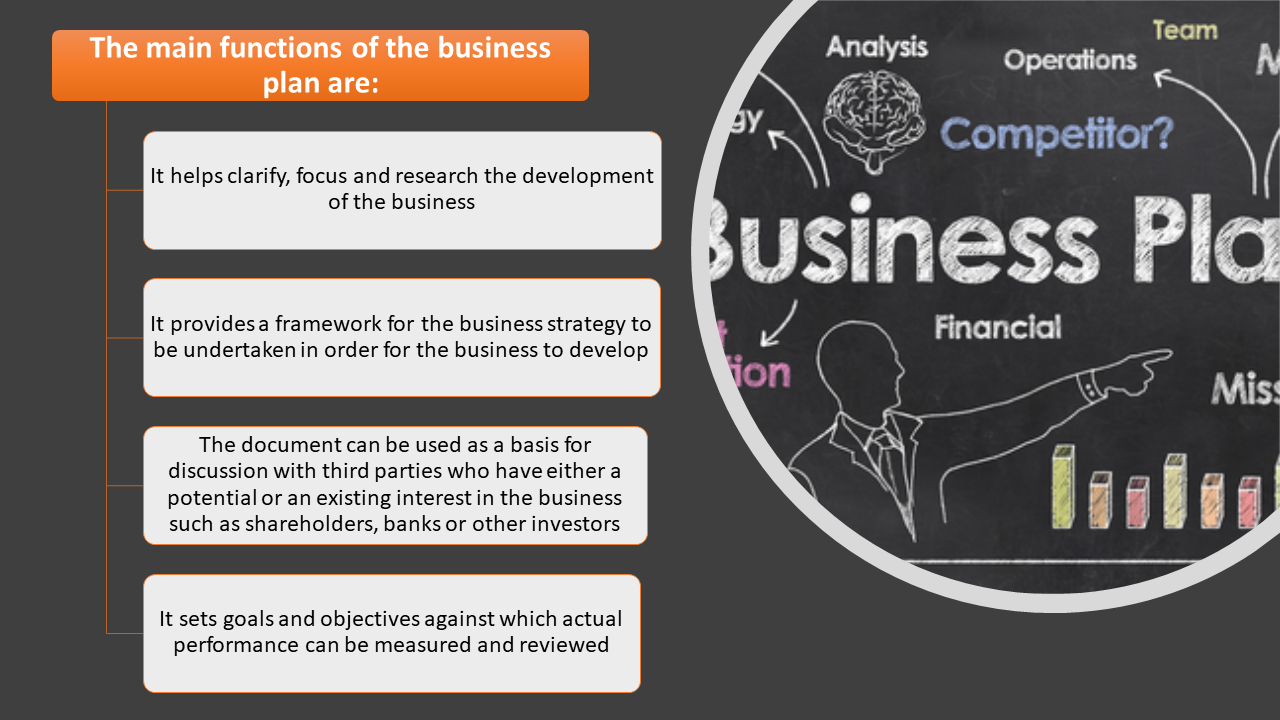Before we start on budget needs, we need to understand the business plan for the business unit.
The business plan is a written summary of what a business hopes to accomplish by being in business and how it will accomplish its objectives. It contains clear goals and objectives with an explanation of the business intends to manage all of its resources i.e. premises, equipment and staff, as well as finances, in order to achieve those goals and objectives.
The formal business plan should be seen as the foundation of any planning process in the business, including financial planning/budgeting.

The budget is a way of planning towards the financial goals within the business plan. It is therefore important that you review your departmental business to compare actual results with ideal results and then prepare a budget plan to close that gap.
Budgets should be flexible and tailored to suit the departmental circumstances. You should double-check that your budget is well-matched to others and that there is a degree of consistency throughout the organisation. This can be done by making sure that everyone involved in the process keeps to the same principles of budget preparation. Keep following a list of rules for the whole budgeting process to make sure the budget is consistent and realises its full potential.
|
EIGHT GOLDEN RULES FOR EFFECTIVE BUDGETS |
|
|
Golden Rules |
Putting theory into practice |
|
BUDGET CONTINUOUSLY Budgeting and planning are not just one-off events. |
Consider budgeting as more than an annual activity. Remember that the future is uncertain, so revise budgets regularly to reflect changes in the business environment. |
|
TAKE YOUR TIME Budgets are the key part of planning and require careful thinking. |
Do not underestimate the time needed to gather the relevant information, formulate plans. Make a budget a realistic planning proposal. |
|
INVOLVE EVERYONE Include all those that should be involved in the budgeting process. |
Make your budgeting more than just a high-level activity. Involve all of the relevant people with the appropriate knowledge and skills and encourage them to commit to the process. |
|
BE REALISTIC Focus on what your department actually needs in a particular budget. |
Be aware that if resources are scarce there will be competing demands for items within the organisation, which can often lead to deliberate overestimation. |
|
LOOK AHEAD Look to the future, not to the past when deciding budgeting amounts. |
Keep focused on future targets. Do not rely on historic figures to guide next year’s budget, which, although approximately right, might be completely wrong. |
|
BE AWARE OF POLITICS The size of the budget does not equal its importance in the organisation. |
Understand that the size of a budget should not be confused with importance and avoid all traditional budgetary game-playing around this. |
|
MONITOR EVENTS Priorities and amounts may need to be changed in line with events. |
Be prepared to amend your budget while still challenging all expenditures and trying to resolve unforeseen problems in other areas. |
|
ALLOW FLEXIBILITY Budgets do not have to be slavishly followed. |
Avoid the temptation to spend all that you were authorised to and do not guard an under-spend in your budget when others could well use the resource. |